For years, there’s been much debate over whether psychedelic use belongs in mental healthcare settings — even though these substances have shown great promise in cases of PTSD, addiction, and other disorders. Beyond this, there’s an ongoing conversation revolving around ethics in the field, and the industries are out for financial gain, according to a peer-reviewed essay by University of Cincinnati.
“Psychedelics have a lot of potential. But how they are approached matters,” explains University of Cincinnati postdoctoral researcher Neşe Devenot, who works in UC’s Institute for Research in Sensing. “Some people working in the field have their own financial interests in mind but not necessarily what’s best for people.”
The Business Wire reports that the psychedelic medicine industry is expected to nearly double by 2026, reaching $7 billion. For depression, North America is the biggest market in the world for psychedelic drugs. Moreover, states like Michigan and Colorado are advocating for the decriminalization of psilocybin, which is the active ingredient in magic mushrooms. Colorado has made significant progress with this, having the decriminalization of shrooms listed on the fall ballot.
The main consideration that seems to be left out of conversation according to the researchers is that psilocybin and other drugs have been spiritually integral to Indigenous culture for thousands of years. “Indigenous people have been using psychedelics for millennia. And they have been long persecuted for psychedelic or plant medicine practices,” says Devenot. “It’s unethical for big corporations to claim patents and monopolies on psychedelic medicine while these groups are still being prosecuted.”
Today, companies are aggressively attempting to gain exclusive rights to psychedelic treatments even as they remain criminalized. Another point the researchers argue is that mental health care is already an incredible stressed system that provides treatments and care with several social implications for the providers and patients. Devenot explains that it is extremely important for corporations and governments to take the greater social effects into consideration before introducing new policies.
Scientists are also excited for developments with this medicine, but instead because of how this may truly help the lives of patients who use them. In the same voice, its use requires individualized care and dosage specification. “Pharmaceutical companies should not be the ones dictating how people access these experiences,” says Devenot.
These companies should also be concerned about speaking too highly of these drugs, as this also crosses an ethical line that could come back to haunt them. While there’s several nuances to psychedelic medicine, the researchers emphasize that it’s not impossible to introduce the drugs widely in the West in a way that gains credence among scientists, Indigenous people, and patients alike.
This study is published in the journal Anthropology of Consciousness.
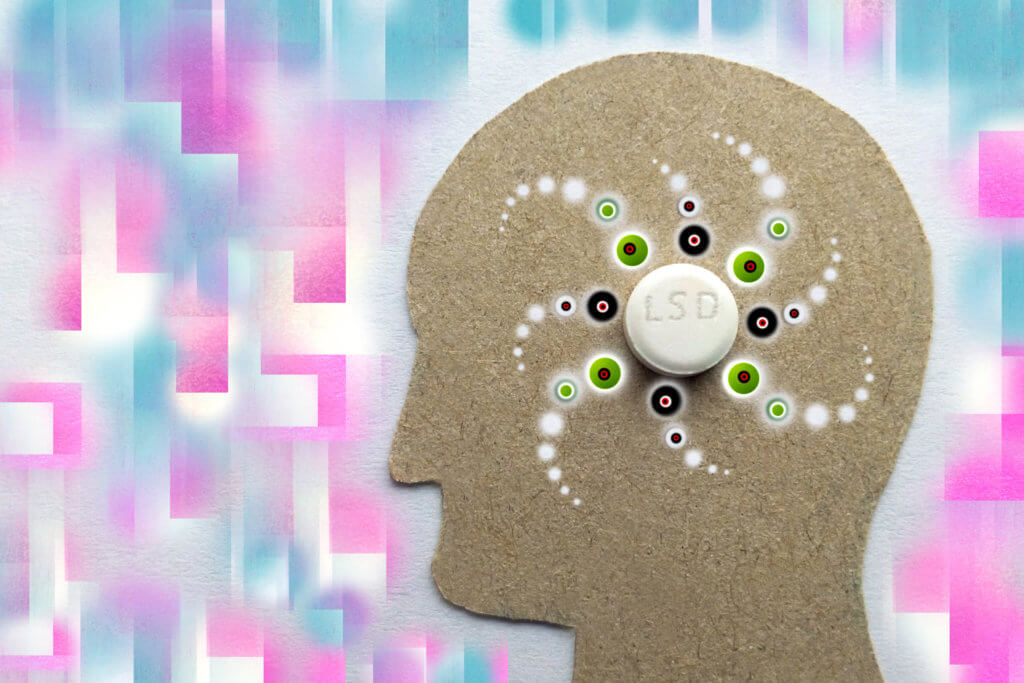
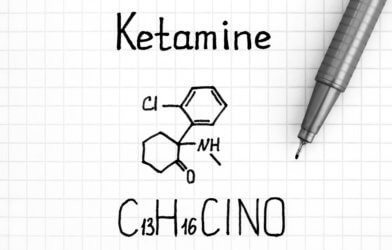

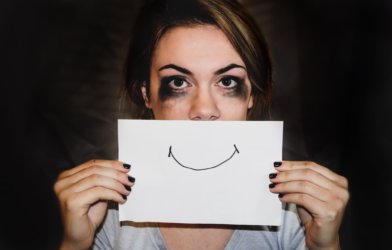
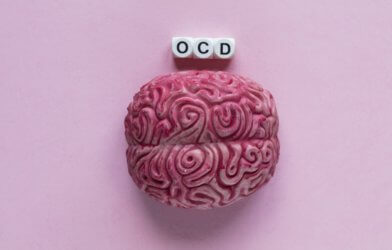


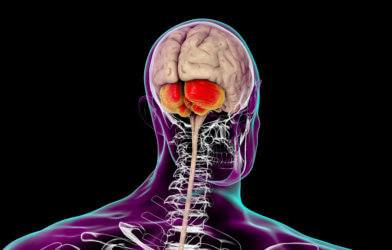
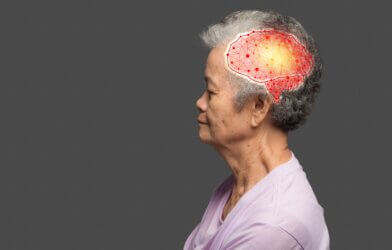



My question is, what if you were so ms dx’d by your psychiatrist’s, bc they don’t know what Trauma is-most and how to treat, given pills to help, but you are still on them?. Can using the mushrooms, with guidance, help get you off of?. Is it safe to use when talking meds you can’t skip, bc your body is so psychologically and physically dependent now😔?. I’d never heard this question asked bc. It’s always one’s using, that aren’t one any, anymore. I think it should definitely be legal and used with assistance. At first. There are only a few ways and not many know how or are to be found, taking a very, too long of a time to heal CPSTD/Pstd/Trauma. Depression and anxiety are symptoms. They’ve manifested from.